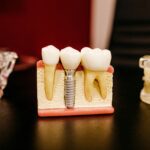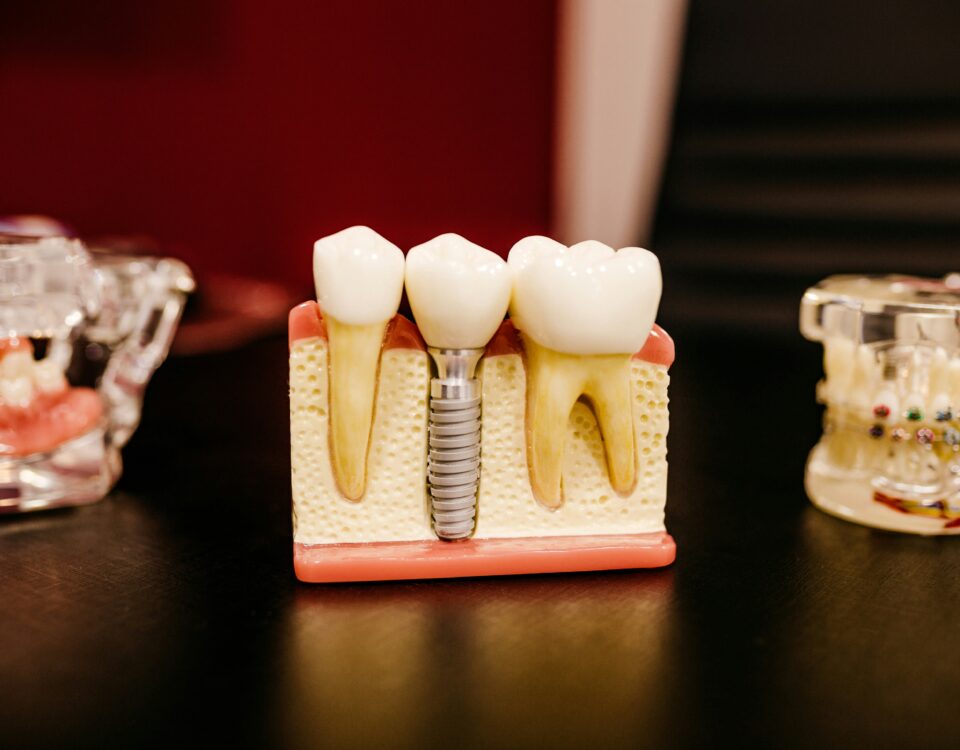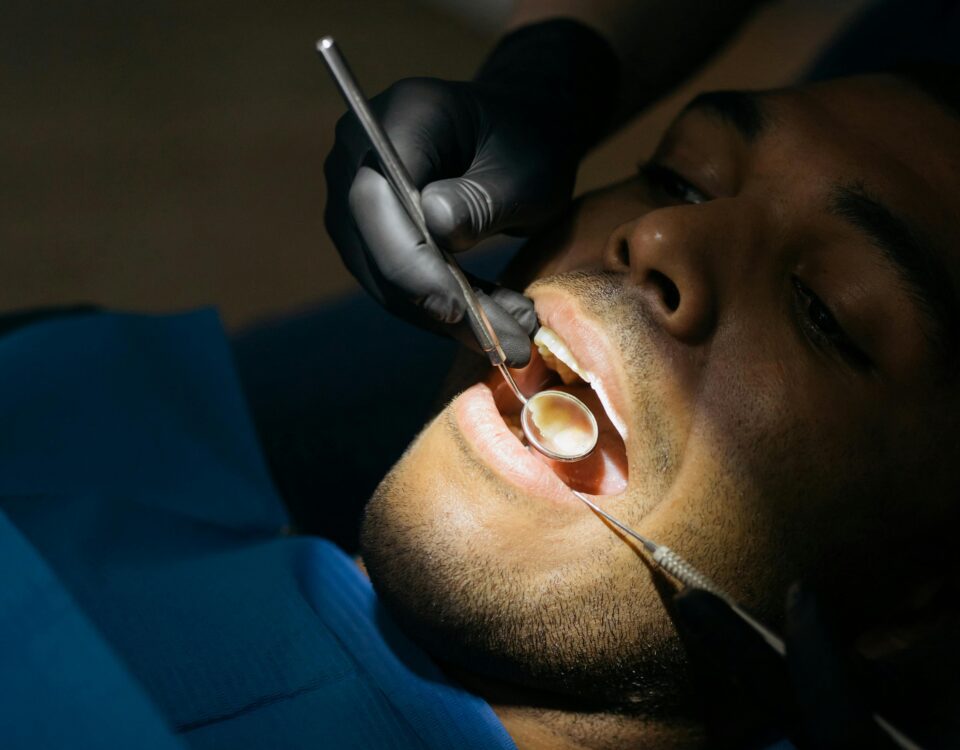
Signs Your Crown or Bridge Needs to Be Replaced
April 2, 2025
Debunking the Common Myths About Dental Implants
June 4, 2025
Dentures are meant to restore some level of function, improve your smile, and make eating and speaking possible better than without teeth, but they don’t last forever. Over time, changes in your mouth, wear on the denture material, and shifts in fit can turn a once-comfortable set of dentures into changes. Understanding this can help address these issues in timely manner.
Loose Fit That Doesn’t Improve
Dentures should sit comfortably without slipping. If they feel loose even after adjustments, it’s a sign something has changed. Bone loss in the jaw is common after tooth removal and can affect how dentures fit. You may start using more adhesive or adjusting how you chew. These workarounds are temporary. A consistently loose fit usually means it’s time for a new set or a maybe a reline.
Sore Spots or Irritation
Aging dentures can cause sore areas inside your mouth. Pressure points form when the fit is off. This leads to gum irritation, small cuts, or even ulcers. If you notice red spots that don’t go away or if you feel pain while eating, your dentures may not be sitting correctly. Continuous irritation can also raise your risk for infection or inflammation. Properly fitting dentures should rarely cause pain.
Difficulty Chewing or Speaking
You might not notice small changes right away. But if chewing feels harder, or food gets stuck more often, it could be a sign of worn dentures. You may also find yourself slurring words or repeating them. This happens when dentures no longer support your lips and tongue the right way. Replacing them helps restore clear speech and normal chewing.
Visible Damage or Cracks
Tiny cracks may not seem like a big deal, but they weaken the denture over time. Even if they aren’t painful now, they can grow. A chipped tooth on the denture might affect your bite. A small fracture in the base can cause uneven pressure on your gums. These problems don’t fix themselves. Repairing damaged dentures is sometimes possible, but in many cases, a full replacement is safer and more effective.
Stains or Odors That Don’t Go Away
Daily cleaning is important. But if your dentures still have a lingering smell or stains that won’t lift, bacteria may be trapped in tiny scratches. Over time, even with good care, the material becomes more porous. This makes it harder to keep dentures clean. When stains and smells stay no matter what you do, it's usually time for a replacement.
Jaw Pain or Headaches
Poorly fitting dentures affect more than your gums. They can shift your bite and place uneven pressure on your jaw. This can cause frequent headaches, neck pain, or discomfort around your ears. These symptoms might be subtle at first. But over time, they become harder to ignore. Many people don’t realize their dentures are the source until they switch to a properly fitting pair.
Dentures That Feel Heavier or Bulkier
Dentures should feel like a natural part of your mouth. If they suddenly feel bulky or uncomfortable, your mouth has likely changed. Gum shrinkage, bone changes, or weight loss can all affect how your dentures sit. You might notice yourself taking them out more often or avoiding meals. Feeling self-conscious or uncomfortable is a clear sign it’s time to reassess your current set.
More Frequent Repairs
A denture that needs regular fixes is no longer reliable. Occasional repairs are expected, but if visiting the dentist more often for relining or adjustments, it may be time to invest in a new pair. Replacing old dentures helps you avoid interruptions in daily life and prevents bigger oral health problems from developing.
Noticing changes in your dentures? At Southpoint Family Dentistry, we provide appropriate evaluations and personalized denture solutions to keep you comfortable and confident. Schedule your appointment today and take the next step toward better oral health.



